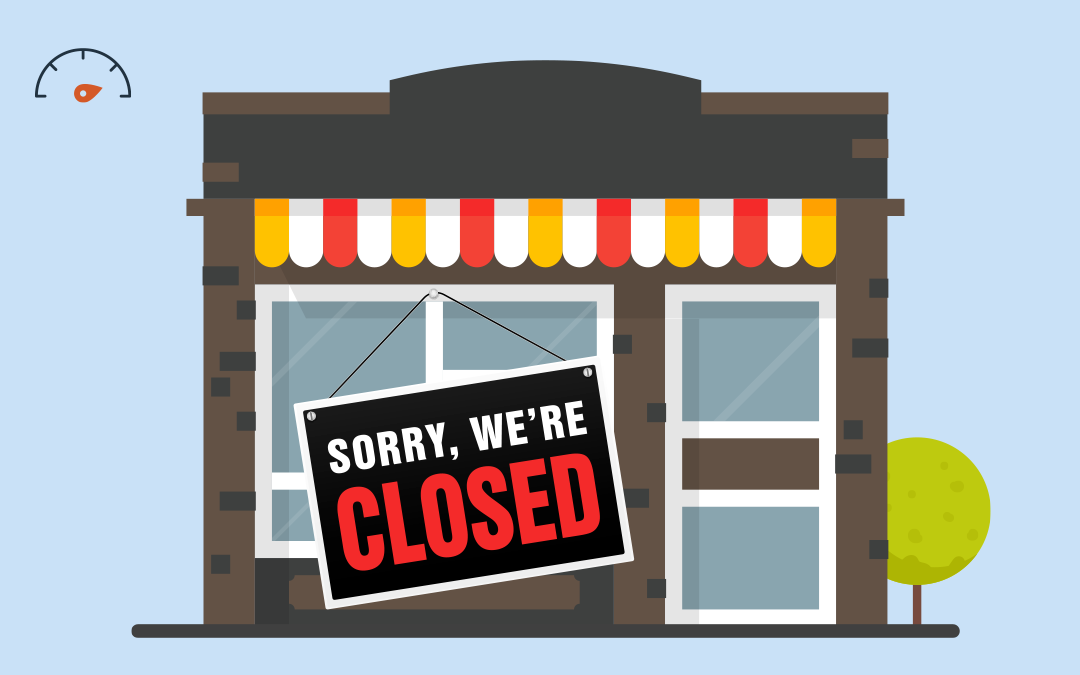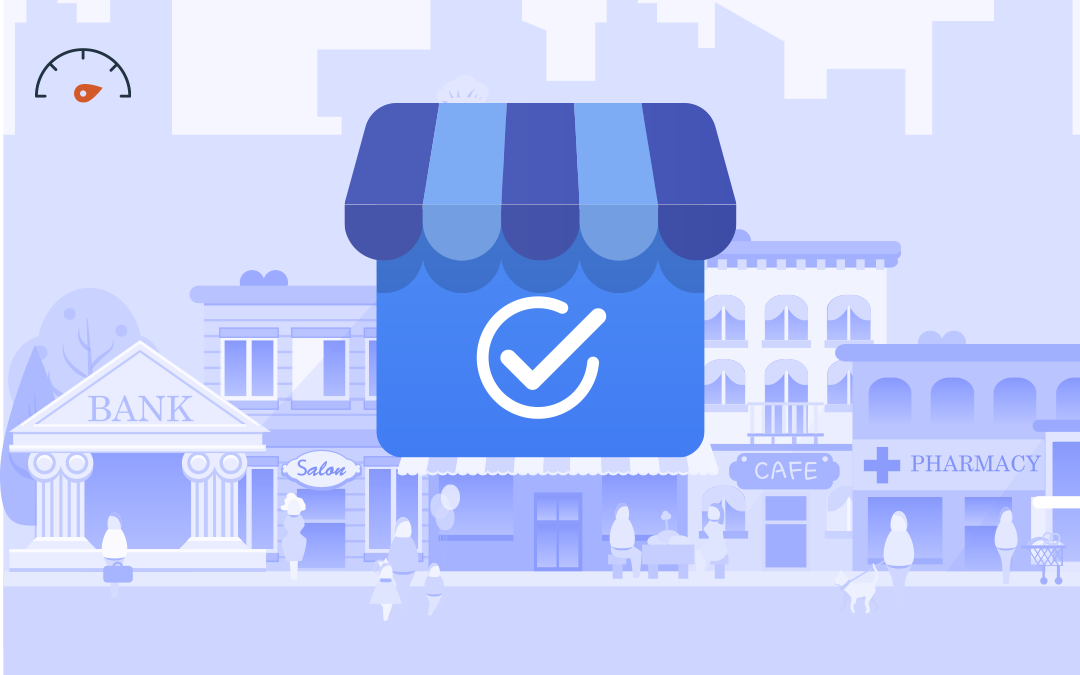Managing your local citations is one of the most important steps in the local search engine optimization process. Your local citations should include NAP data—your business’ name, address, and phone number—as well as other information relevant to your business. Keeping your information accurate across several local business directories is a key factor in your local search ranking.
- What Are Local Citations?
- Types of Local Citations
- Why Local Citations Matter to Small Businesses
- How to Build Local Citations
- FAQs
What Are Local Citations?
Local SEO citations are online sets of NAP data—that is, mentions of your business’ name, address, and phone number. You can find local citations in online business directories like Google Business Profile, through data aggregators, and on websites and social media platforms. Here are some of the core components of a local citation:
- NAP data (business name, address, and phone number)
- Website link
- Hours of operation
- Business description and business categories
- Email address
- Social media profile links
Local business citations impact local search results by helping to increase a business’ online presence, improve local visibility, improve customer interaction, and more.
Having accurate local citations can help increase a consumer’s trust in your business and also help your ranking in search engine results pages (SERPs), which is why it’s so important for small businesses to maintain their local citations. Incorrect local business listings can lead to lower search rankings and negative customer perception.
Types of Local Citations
While there are many places where businesses can have their information listed online, there are two main types of local citations business owners should be aware of when optimizing for local search: structured and unstructured.
Structured Citations
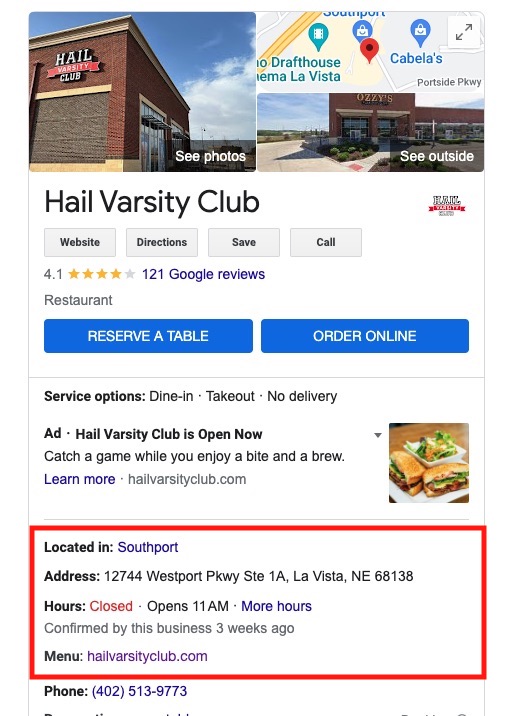
Structured citations are online business listings that follow a consistent and specific structure, complete with NAP data. They can be found on major directories like Google Business Profile, Bing Places, Yelp, and Facebook, as well as any number of smaller directories.
Since information about businesses can appear in online directories even without direct input from a business owner, it’s important for business owners to claim these local listings to ensure accurate information is being presented.
Unstructured Citations
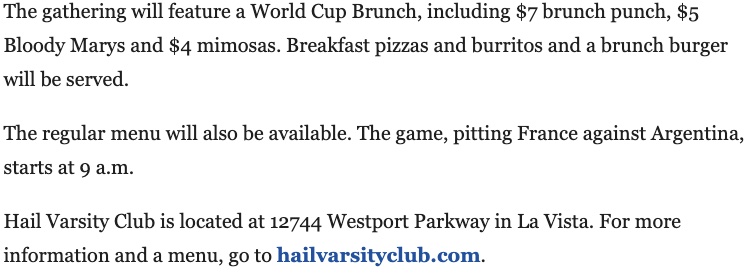
Unstructured citations are mentions of business data on a webpage, but the data isn’t grouped together like in structured citations. One example of this is when your business is written about in a news article or on a blog.
Unstructured citations’ value is influenced by factors like website authority and industry relevance. Mentions from reputable, relevant sources—like news publications—are valuable unstructured citations for your business.
Why Local Citations Matter to Small Businesses
Local citations can help business owners rank higher in local search queries so that potential customers can discover your business. Here are some of the reasons why small business should use local search citations.
Improve Your Local Search Ranking
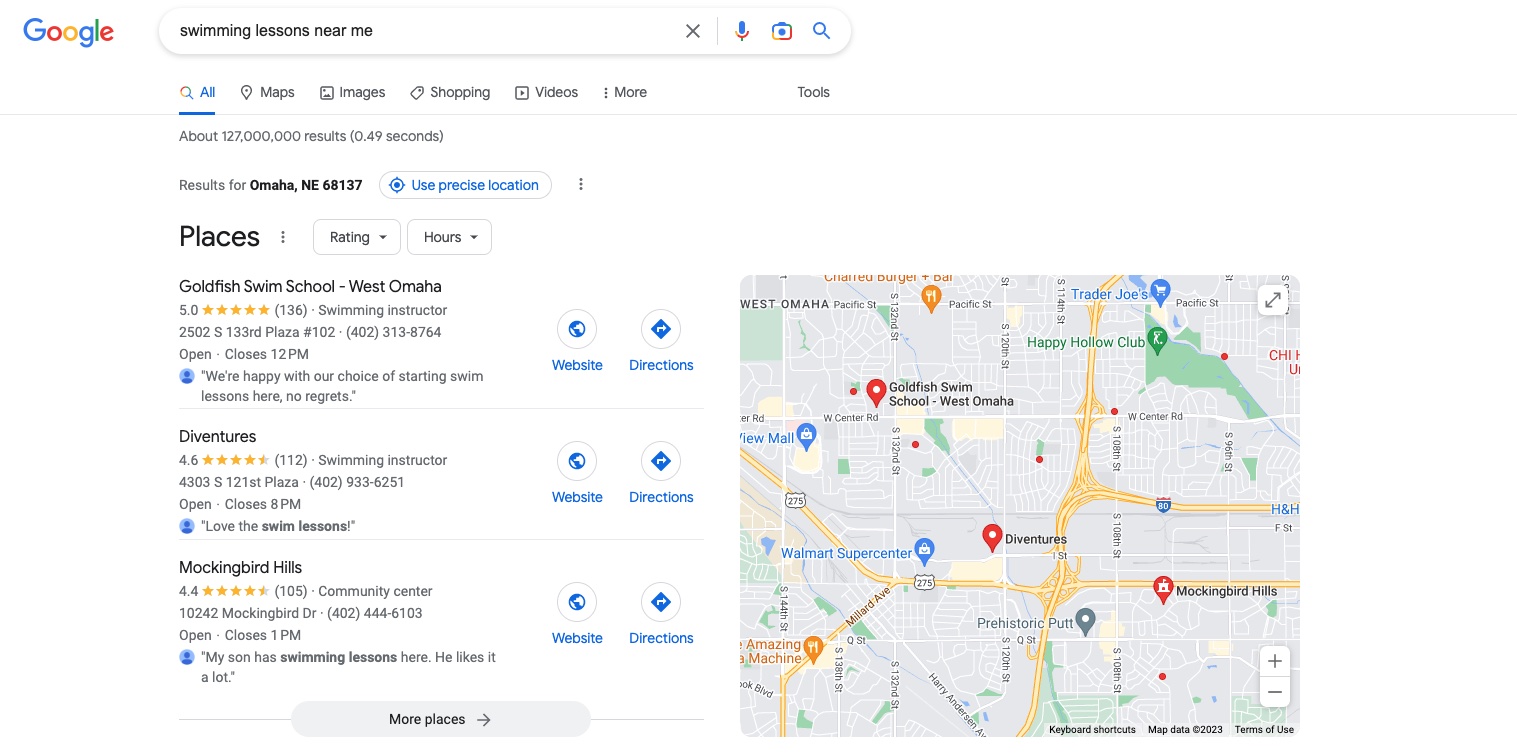
Google will use crawlers to compare the information about your business’ NAP data with what’s on your website to ensure authenticity and validate the trustworthiness of your business. You need to maintain accurate and consistent business information across your local listings to maximize your local search engine marketing efforts.
Extend Brand Reach
A typical online business directory allows users to select specific business categories to filter search results. By building out complete listings with accurate data, business owners can connect with new customers who are searching for their specific products or services.
Plus, being in a larger business directory like Google Business Profile can lead to your business being listed in smaller directories automatically. Many smaller listing sites find information from larger directories to create their own listings without direct input from you, so having accurate information in your major online local listings is vital. Although, you can’t guarantee the listings that automatically populate will be completely accurate without proper citation management.
Increase Customer Interaction
Without local citations, your business may appear questionable and non-customer oriented. Accurate local citations set your business up for increased online visibility, which can generate more website traffic. It can also help increase the amount of trust consumers have in your business, leading to more (and better) Google reviews.
Gaining positive reviews across different online directories is an important factor in local search ranking—and both positive and negative reviews give you the chance to build your business reputation and local search rank by simply responding to customers and showing you care about their concerns.
Use a Cost-Effective Tactic
Many online business directories give business owners the opportunity to promote their business online at no cost. By adding free business listings to multiple directories, you give your business more chances to show up in Google search results, improving your local visibility. And while you may decide to spend money to be listed in paid directories that are relevant to your business, or to use tools that allow you to maintain your listings more efficiently, the increase in online visibility for your business can often be worth these costs.
How to Build Local Citations
Business owners can create local listings manually, or can save time by using an online platform like Yext, which allows a single citation to be pushed to hundreds of relevant online directories at once. Either way, keeping local listings consistent and up-to-date can help your local audience find your business.
Search Engines
Search engines like Google, Bing, and Apple are fed information from several sources across the internet, including data aggregators. As you begin to build local citations for your business, one of the most important things you can do to help improve your local SEO ranking is to claim your Google Business Profile.
Google dominates the search engine scene and accounts for around 1.6 billion local searches each day, which means Google search results can be an ideal place to get discovered by a local audience. Claiming your GBP listing is free and allows you to have control over what information is presented to searchers. It can also increase the visibility of your business on Google Maps, and even help your business appear in the Map Pack.
Data Aggregators
Data aggregators list, distribute, and share information about local businesses akin to what printed Yellow Pages used to do, albeit on a much larger scale.
Data aggregators like Foursquare, Local Listings by Data Axle, and Neustar Localeze are important parts of the local search ecosystem and are heavily relied on to create local search results. These primary data aggregators work in conjunction with business directories and search engines to list, distribute, and share information about local businesses.
Follow these five steps to submit your local citation to a data aggregator:
- Sign up for an account on your desired platform.
- Input information about your business.
- Authenticate your business (different data aggregators will each have their own way for you to do this).
- Once your company is verified, it will be added to the thousands of other businesses on the platform.
- Your information is then sent to any website that uses data provided by that particular data aggregator.
Core Sites
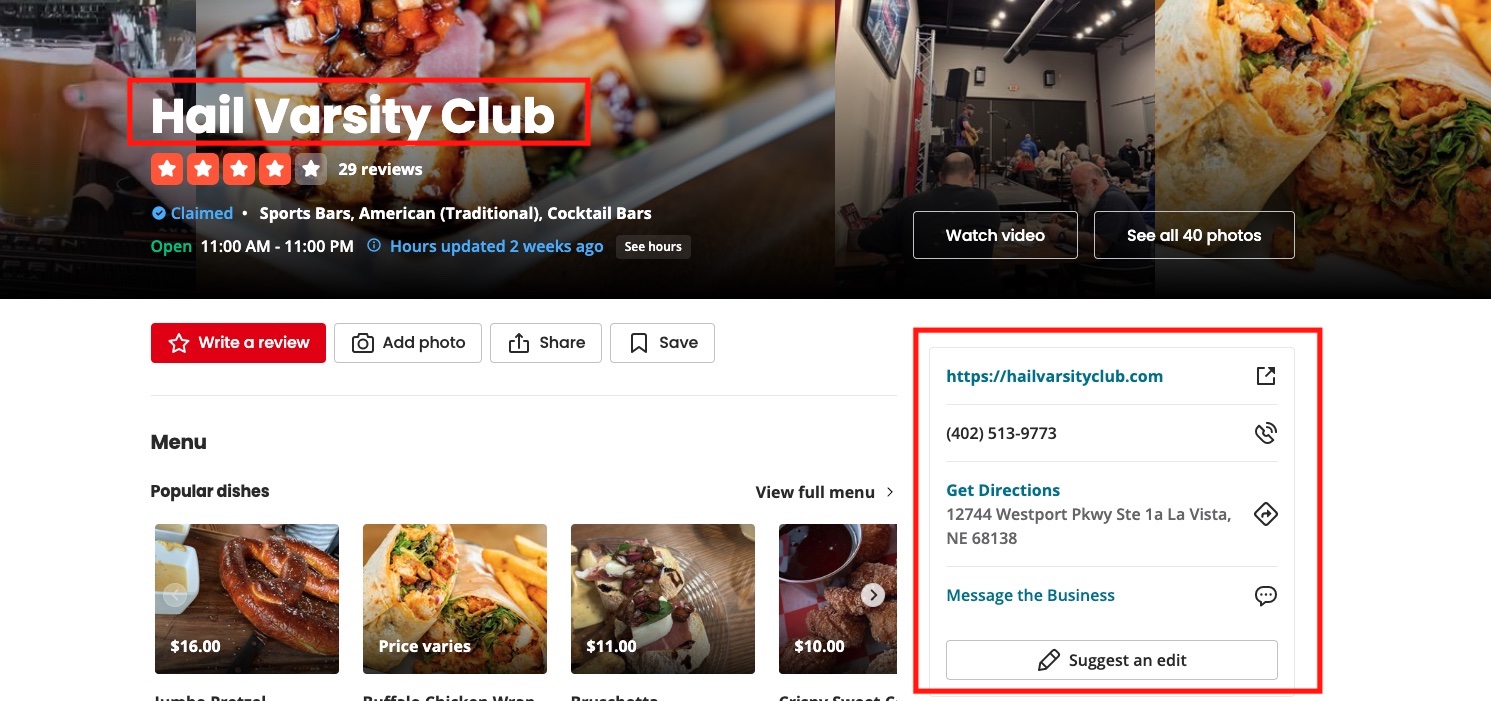
While using a data aggregator will get your business’ info on a lot of important sites, you may also need to manually submit to some. Make sure your business is listed on important platforms relevant to your business—including social media sites like Facebook, Instagram, and Nextdoor, as well as major directories like Yelp and Yellow Pages.
Local & Industry-Specific Platforms
When you’re optimizing for local search, smaller directories specific to your geographic location or industry can often be just as important as general online directories, since these listings cater to customers in your particular area and those seeking your particular services.
Platforms and directories specific to your geographic region include local business associations, community hubs, and your local chamber of commerce. You’ll also want to get listed on industry-specific platforms and trade association sites—like Porch.com for electricians or theknot.com for florists, for example.
Since managing all these listings can be a time-consuming process, you may want to consider using a tool like Yext, which will allow you to push your business information out almost instantly for hundreds of listings at once.
For instance, if your business has multiple locations and you need to update hours for all of them, you can do a bulk upload to Yext instead of manually updating each one. Yext will update the hours in their knowledge graph and sync your information out to Google and the other publishers, quickly and efficiently updating your business listings across the web.
Unstructured Local Citations
Gaining unstructured local citations can be more difficult than typical structured listings, since unstructured citations rely on others writing about your business.
One way to generate more unstructured citations is to attempt to get writers to care enough about your business to create content around it. Try getting involved in local events that will put your business in the public eye to help increase interest in your company.
You can also connect with companies you interact with already to see if your business is mentioned anywhere on their website. If they’re mentioning you but aren’t linking to your site, you can ask them to add a link. Or, take a more technical approach to building out unstructured citations by using platforms like Moz to discover link opportunities with other businesses that your competitors might already have a relationship with.
FAQs
Where Should My Business Be Listed?
While the best online directories will vary for each business, Google Business Profile is a great start for any business. You should also get your business listed on popular local citation sites like Yelp and Facebook, as well as directories that are specific to your industry or geographic area.
Why Does Citation Accuracy Matter?
Having consistent, accurate citation information across multiple sites can increase your online visibility, helping you get more customers through your door. Incorrect information for local listings can hurt your credibility to customers and search engines alike, negatively impacting your search ranking and potentially causing customers to move on to one of your competitors.
Do I Have to Pay to Be in a Local Directory?
Many of the more popular directories—including Google Business Profile, Yelp, and Bing Places—allow businesses to claim and manage their listings for free. Other platforms have fees that range from one-time to monthly subscription costs.
Do you need assistance building local citations for your business? Local Search Fuel by Hurrdat provides a number of digital marketing solutions for small business owners, including local citation building and management services to help your customers find you. Get started today!

Austin Plourde
Austin Plourde is a Content Strategist at Hurrdat Marketing in Omaha, Nebraska with several years of experience in content writing. He majored in Journalism and Media at Doane University before becoming a journalist for local publications, where he earned special recognition by the Nebraska Press Association for his quality of work. Between spending time with his fiancé and daughter, you can find Austin enjoying the finer things in life, such as becoming the Paldea League Pokémon Champ or the Elden Lord of the Lands Between.

